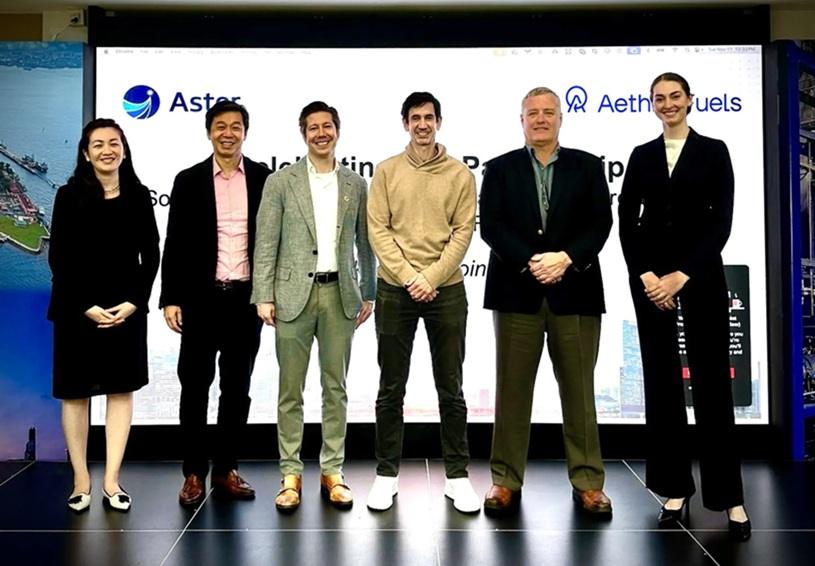The Asian Development Bank (ADB) is facing significant backlash from civil society organizations regarding its draft energy policy, which critics claim has been developed too hastily. The core issue revolves around the perceived lack of adequate consultation with stakeholders, particularly NGOs, who argue that their input has not been sufficiently integrated into the policy-making process. While the ADB asserts that it has engaged with these groups multiple times, the contention remains that the consultations were insufficient and failed to address key concerns related to investments in critical minerals and the management of methane emissions. This situation raises questions about the transparency and inclusivity of the ADB's approach to energy policy reform.
The main takeaway from this controversy is the urgent need for the ADB to enhance its engagement strategies with civil society to foster a more collaborative policy development environment. By addressing the criticisms and incorporating diverse perspectives, the ADB can not only improve the legitimacy of its energy policy but also ensure that it aligns with broader sustainability goals. The implications of this situation extend beyond the immediate policy draft; they highlight the importance of stakeholder involvement in shaping effective and equitable energy strategies that can withstand scrutiny and promote long-term environmental and social benefits.









